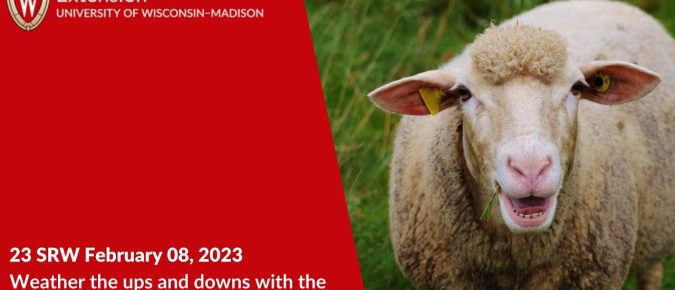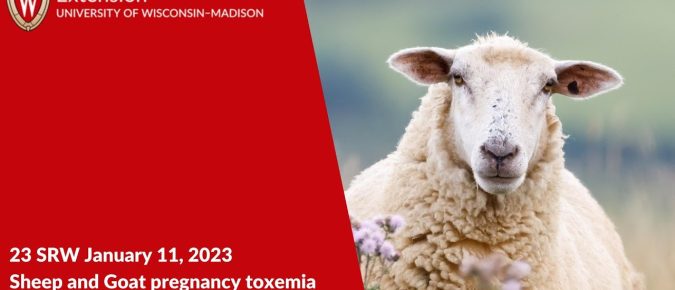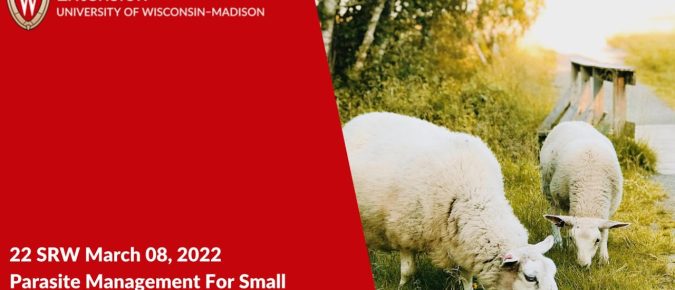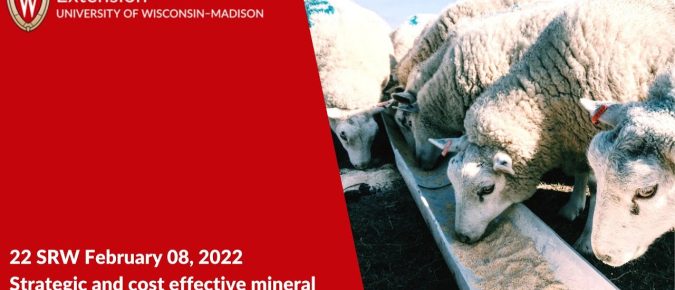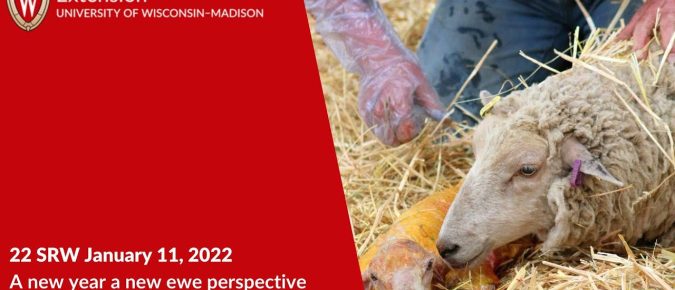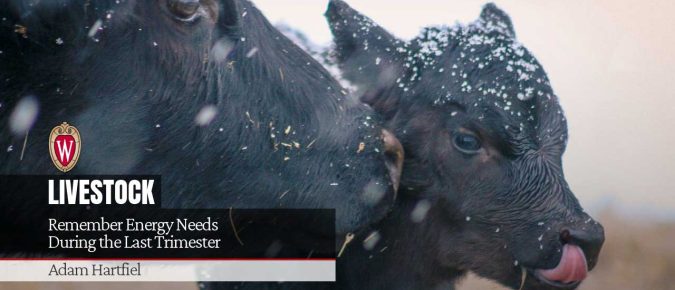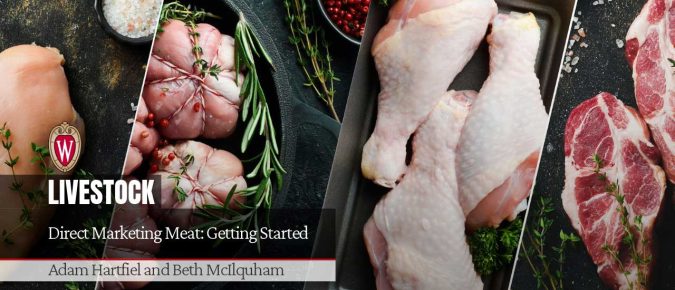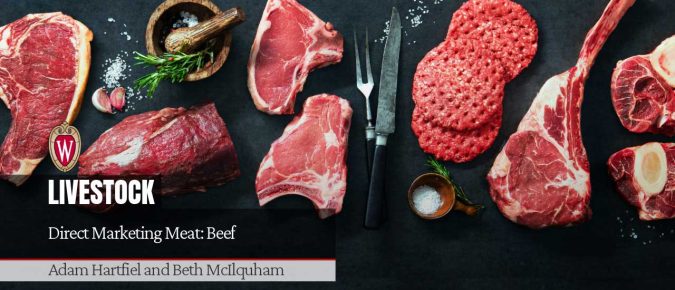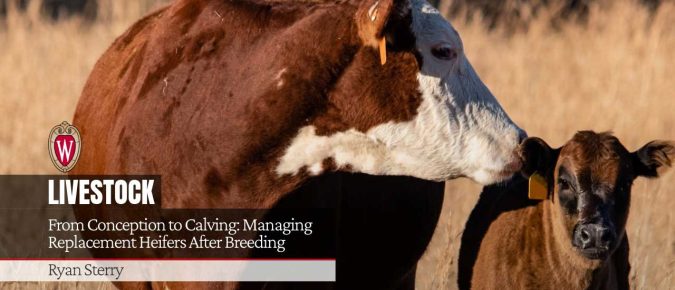UW-Madison Extension’s Sheep Operation Enterprise Budget Excel Spreadsheet can estimate the cost of production using your farm’s historical and current data. Utilizing records and an enterprise budget can assist in answering these questions and making informed decisions.
Dr. Robert Van Saun, Penn State University Extension Veterinarian, joins the UW-Madison Division of Extension’s 2023 Small Ruminant Webinar Series. Dr. Van Saun outlines and supports with research, the nutritional needs of ewes and does in late gestation to prevent pregnancy toxemia and to support the creation of high-quality colostrum in adequate amounts.
Gene Schriefer, former University of Wisconsin Division of Extension Agriculture Educator from Iowa County will discuss how to optimize the utilization of forages to meet the nutritional needs of sheep and goats by properly planning grazing systems with forage production, carrying capacity, and paddock size in mind.
Dr. Whit Stewart Assistant Professor and Extension Sheep Specialist from the University of Wyoming joins the UW-Madison Division of Extension’s 2022 Small Ruminant Webinar Series. Dr. Stewart outlines and supports with research, the mineral needs of sheep during the different stages of production and the various regions of the US. Stewart provides insight into how soils affect mineral levels in forages and how testing forages allows producers to balance rations to meet nutritional needs.
UW-Madison Arlington Research Station Sheep Unit Program Manager Todd Taylor discusses the most complex sheep on the farm, the ewe. As the ewe moves through the production cycle, her needs change. Learn about how to care for the ewe before breeding, during gestation, after lambing, and at weaning to ensure she is productive for years to come.
By helping cows stay clean and dry, especially during their last trimester, beef producers can expect better and more productive cow-calf pairs this spring.
Dr. Ron Gill, Texas A&M Extension Livestock specialist discusses considerations for designing corrals that cattle understand and fit into existing spaces.
By cutting out parts of the supply chain – distributors, marketers – they may earn a larger share of the total selling price.
Direct marketing offers a way for beef producers to potentially capture more value for their livestock.
Post-breeding management is crucial, but often overlooked in a heifer development program.

